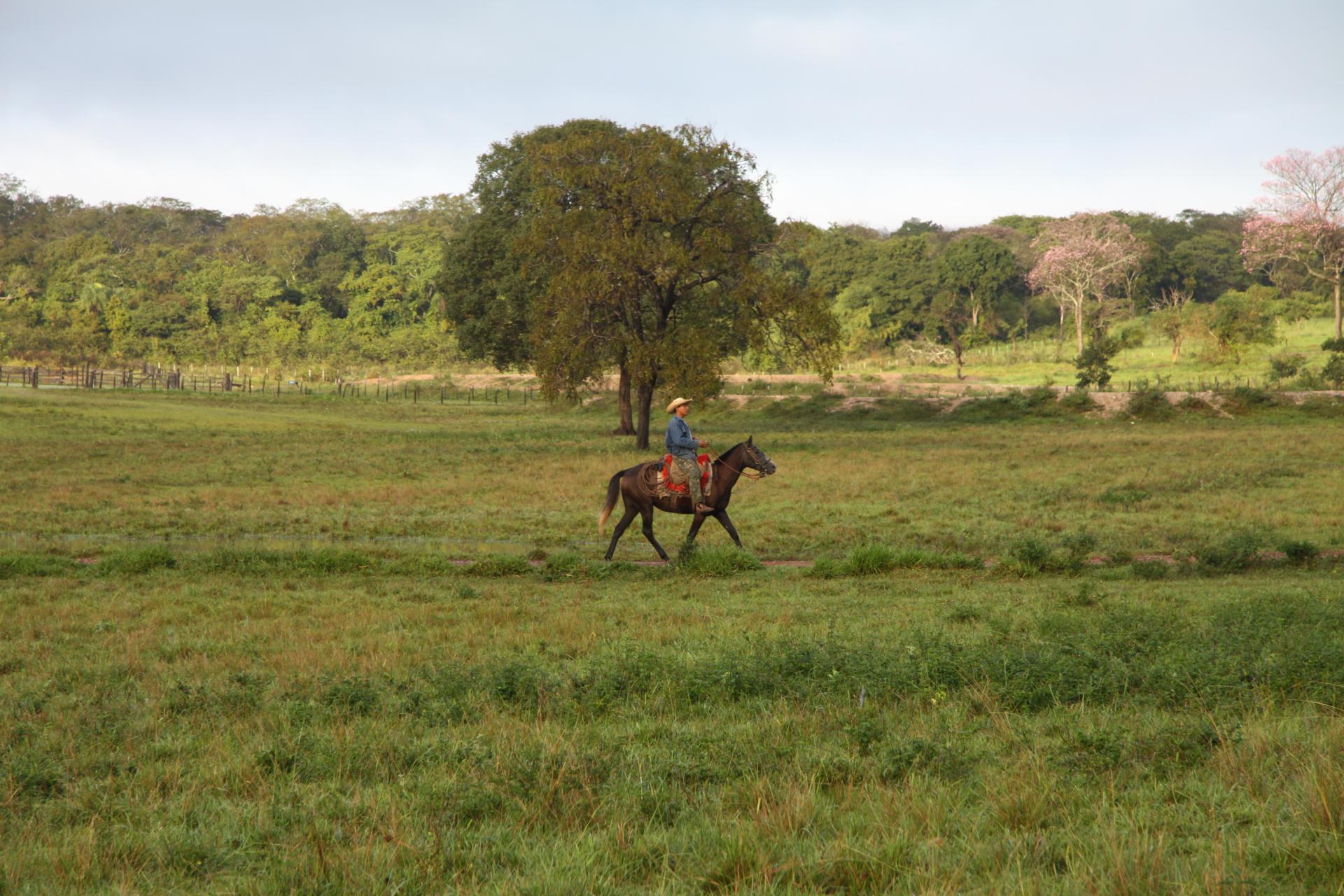APOMS - Brazil's organic farmers

The rainforest in Brazil is not only a popular destination for Brazil travel but also home to indigenous people and unique biodiversity. Nevertheless, at the beginning of the 20th century, the primeval forest was cut down to make farmland. Native people were displaced or even killed. For Brazil, this meant an economic leap forward, but without thinking about the consequences. Today, many of the farmers have switched to the cultivation of soya, as the yield of soya cultivation is much higher. However, the seeds are genetically manipulated and the farmers are dependent on pesticide supplies from the chemical companies.
But not all farmers are only profit-oriented. In the state of Mato Grosso do Sul, the Apoms association was founded to promote sustainable agriculture based on agroecology and to encourage greater solidarity. Today around 170 families are involved in the production of certified products.
The APOMS network
Apoms has built its organization in the form of a network. The core of the network is formed by the producers, the organic farmers. Olácio Komori, a Japanese coffee farmer in the third generation, takes on the role of the "leader" who set everything in motion.
In 2000, 13 farmers joined together to form the Associação dos Produtores Orgânicos de Mato Grosso do Sul (Association of Organic Farmers of Mato Grosso do Sul). To date, several production centers, a training center and a distribution center have been created. The focus is on criteria such as fair trade, solidarity, conservation of nature and sustainable, environmentally friendly cultivation methods.
The association supports the families with information, innovation and technology to increase production and profitability. Access to loans, which organic farmers are denied by banks, is also provided.
Olácio Komori and his love for his homeland
Olácio Komori has Japanese roots. His grandparents came to Brazil at the beginning of the 20th century and started to plant their coffee there. When the opportunity presented itself, they settled in the hinterland of Mato Grosso do Sul, which was then still heavily forested. In exchange for cultivating the land, the settlers were given 30 acres (12 hectares) of land. When Olácio Komori himself began to grow coffee, sustainable and environmentally friendly farming methods became increasingly important to him. He continued his education in agroecology, human resource management and credit cooperatives. Together with Aristeu Pereira Nantes, the mayor of Glória de Dourados, he is now committed to sustainability. The mayor has also contributed a great deal to the Apoms training center. The two want to preserve nature and ensure that the vegetation returns to the way it was before it was exploited. One project is the cultivation of the Jaracatiá plant, which belongs to the melon tree family. Its fruits were very popular and the stalk can be used to make desserts. The tree was almost extinct in the region. Apoms bred seedlings of the tree in their training center to plant them on their plots and to replenish the stock of the Jaracatiá plant.
The distribution center
In 2016 the regional distribution center for organic horticultural products of Mato Grosso do Sul (MS) was inaugurated. Covering an area of 450 square meters in Bairro Izidro Pedroso, the production is distributed by the approximately 170 members. It offers not only sustainably grown food, but also sweets, bakery products, cleaning products and handicrafts.
Apoms is a great example of how sustainable cultivation and fair trade can work. Unfortunately, the initiatives of Apoms with regard to the deforestation of the jungle are only a drop in the ocean. According to the World Bank, over 193,051 square miles (500,000 square kilometers) of virgin forest were cleared in Brazil between 1990 and 2016. That is equivalent to the area of two times the US state Colorado. Each of us can do a part to ensure sustainability. Think, for example, before your next Brazil holiday, about how you can travel more sustainably.
Sources: revistas.aba-agroecologia.org.br, www.agraer.ms.gov.br, www.faz.net

